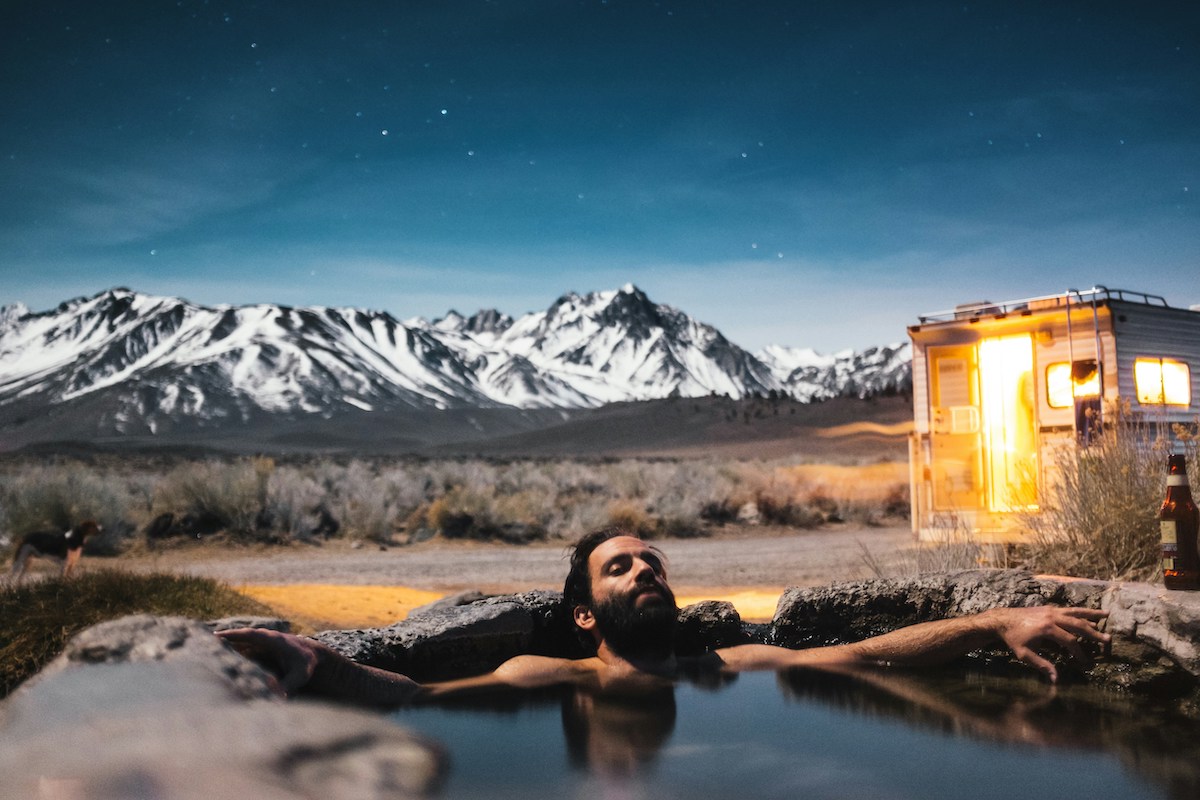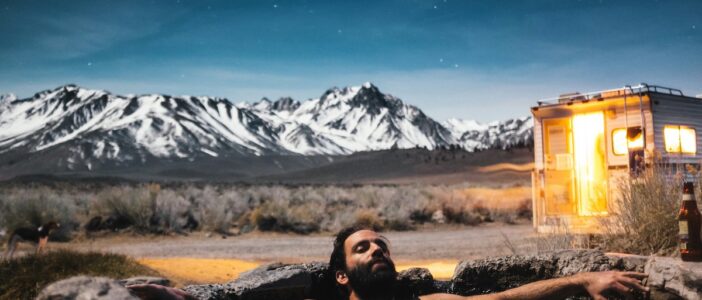A Beginner’s Guide to Camper Vans
Camper vans offer the freedom to travel wherever the road may lead, providing both transportation and accommodation in one convenient package. For beginners embarking on their first camper van adventure, navigating the ins and outs of this lifestyle can be daunting. However, with the right knowledge and preparation, the experience can be immensely rewarding. In this guide, we’ll cover everything beginners need to know about camper vans, from choosing the right vehicle to essential equipment and tips for a successful journey.
Choosing the Right Camper Van
Types of Camper Vans
Before diving into the world of camper vans, it’s essential to understand the different types available. From compact converted vans to larger motorhomes, each type offers its own set of advantages and limitations.
Class B Camper Vans
Also known as van conversions, Class B camper vans are built on a standard van chassis. They offer a compact and maneuverable option for solo travelers or couples. Despite their smaller size, Class B vans typically include essential amenities such as a bed, kitchenette, and bathroom.
Class C Motorhomes
Class C motorhomes are larger than Class B vans and feature a distinctive cab-over area that extends over the driver’s cab. These motorhomes offer more space and amenities, making them suitable for families or larger groups. However, their size can make them less maneuverable on narrow roads.
Class A Motorhomes
Class A motorhomes are the largest and most luxurious option, resembling a bus in size and appearance. These motorhomes often feature multiple slide-outs, spacious interiors, and a wide range of amenities. While they provide unparalleled comfort, they can be challenging to drive and maneuver, especially for beginners.
Considerations for Beginners
When choosing a camper van, beginners should consider their travel needs, budget, and driving experience. Compact vans offer simplicity and ease of handling, while larger motorhomes provide more amenities but require careful navigation. It’s also essential to consider factors such as fuel efficiency, parking options, and maintenance costs.
Essential Equipment and Amenities
Sleeping Arrangements
One of the most crucial aspects of camper van travel is ensuring a comfortable sleeping setup. Most camper vans feature a convertible bed that doubles as seating during the day. Additionally, some vans may include a pop-up roof or bunk beds for extra sleeping space.
Kitchen Facilities
Preparing meals on the road is made easy with the kitchen facilities found in camper vans. Basic amenities typically include a stove or cooktop, refrigerator, and sink. Larger motorhomes may feature a more spacious kitchen area with additional countertop space and storage.
Bathroom Options
While some camper vans include a built-in bathroom with a toilet and shower, others may feature a portable toilet or access to campground facilities. For extended trips or off-grid adventures, having a bathroom onboard can be convenient, but it may also require regular maintenance and emptying.
Climate Control
Maintaining a comfortable interior temperature is essential for enjoying your camper van adventures year-round. Many camper vans come equipped with heating and air conditioning systems to regulate the climate inside the vehicle. Additionally, features such as insulation and ventilation can help keep the interior cozy in cold weather and cool in hot climates.
Planning Your Journey
Route and Destinations
Before hitting the road, it’s essential to plan your route and destinations carefully. Consider factors such as driving distance, road conditions, and available amenities along the way. Research potential campsites or RV parks in advance, especially during peak travel seasons when reservations may be necessary.
Packing Essentials
Packing efficiently is key to maximizing space and comfort in your camper van. Prioritize essential items such as clothing, food and cooking supplies, bedding, and personal hygiene products. Additionally, consider any recreational equipment or outdoor gear you may need for activities such as hiking, biking, or fishing.
Safety Precautions
While camper van travel offers freedom and flexibility, it’s essential to prioritize safety on the road. Perform regular maintenance checks on your vehicle, including tires, brakes, and fluid levels. Familiarize yourself with local traffic laws and regulations, especially when driving in unfamiliar areas. Additionally, invest in emergency supplies such as a first aid kit, roadside assistance membership, and emergency communication devices.
Conclusion
Embarking on a camper van adventure as a beginner is an exciting and rewarding experience. By choosing the right vehicle, equipping yourself with essential amenities, and planning your journey carefully, you can enjoy the freedom of the open road and create lasting memories along the way. Whether you’re exploring national parks, scenic coastlines, or quaint towns, camper van travel offers endless opportunities for adventure and discovery. So pack your bags, buckle up, and get ready for the journey of a lifetime!
Dive into FAQs about adventure vans

